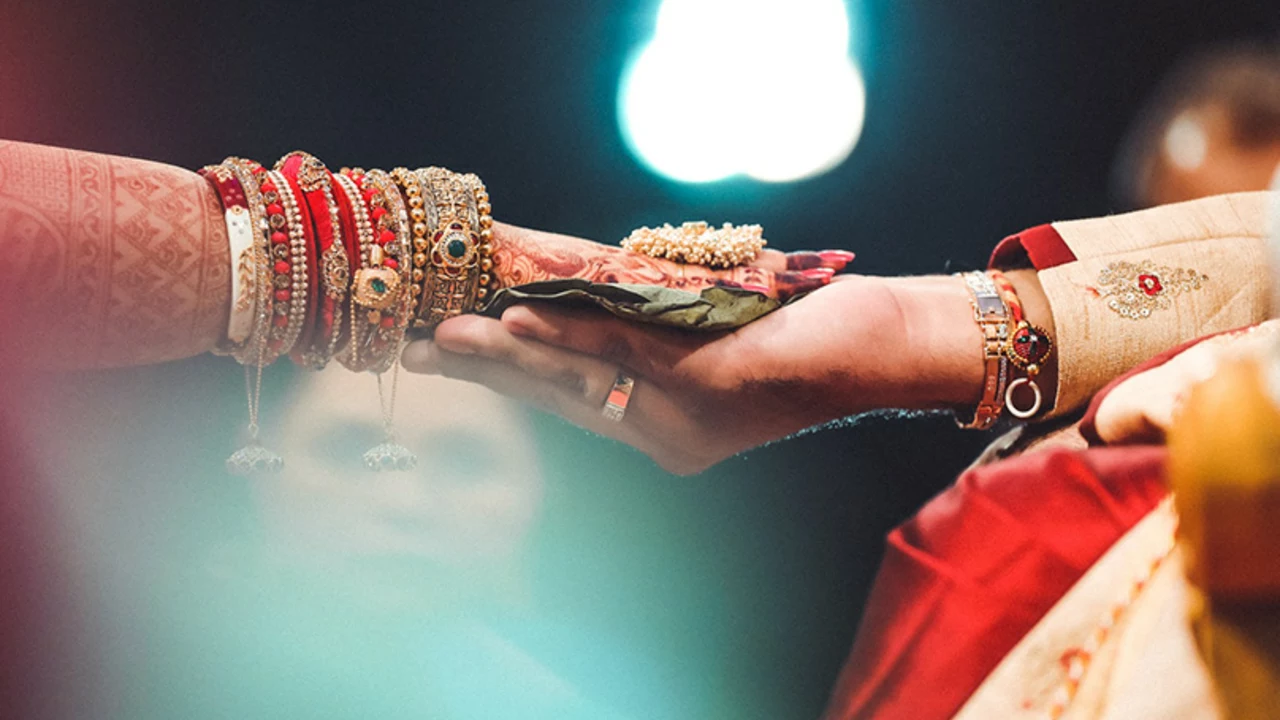Arranged marriage: what to expect and how to handle it
Arranged marriage doesn’t mean you have no choice. It means families help start the process. You still get to decide. If you’re facing setups, this page gives short, practical steps you can use right away.
First, know the common paths. Sometimes families introduce a shortlist. Other times a matchmaker or matrimonial site brings names. Meetings can be formal or casual. The faster you identify what matters, the less time you waste.
Start with clear dealbreakers
Before meeting anyone, make a short list of non-negotiables and flexible items. Non-negotiables might be religion, consent to children, or a work location. Flexible items could be hobbies or cuisine preferences. Share the non-negotiables with your family so they can filter matches better.
Ask direct questions early. Examples: Where do you see your career in five years? Are you open to moving cities? What are your views on finances and joint accounts? These questions sound blunt but save time and stress later.
First meeting: keep it simple and real
Choose a neutral place or a short video call for the first chat. Aim for a 30–60 minute conversation. Start with everyday topics — daily routine, work, family setup — then move to values and plans. Observe body language and tone. Comfort and respect matter more than a perfect set of answers.
Talk money plainly. It’s awkward, but finances affect life together. Ask about debts, savings, and expectations about who pays for what. Clarify any cultural practices that matter to you, like festivals or elders’ roles.
Bring up boundaries early. If you need space to decide, say so. If you want slow intimacy or separate decision-making on big issues, state it. Respect from the start prevents resentment later.
Watch for red flags: unwillingness to answer reasonable questions, pressure to decide fast, controlling behavior, or evasiveness about basic facts. If you feel unsafe or coerced at any point, step back and seek support from a trusted relative or friend.
When families disagree, stay calm. Use clear facts and repeat your non-negotiables. You don’t need to burn bridges, but you must protect your choices. If a match doesn’t fit, it’s okay to say no. Saying yes under pressure rarely works out.
Finally, give yourself time after meetings. Talk it over with someone you trust. Matchmaking is a process; you’ll meet different people and learn what truly matters. Treat each meeting as data, not destiny. That mindset keeps you grounded and in control.
Arranged marriage can work well when people communicate openly and respect each other’s boundaries. Use these practical steps to make clearer choices and reduce stress while your family supports the search.

- 0 Comments
Alright folks, let's dive into a topic as spicy as a bowl of vindaloo, but a little more intimate. You see, Indians, like anyone else, navigate the waters of intimacy after an arranged marriage, with a dash of respect, a sprinkle of patience, and a whole lot of communication. It's a bit like learning a new dance, where both partners are trying to find the rhythm, but the music is played by a sitar and there's a mother-in-law in the next room. It's a unique blend of tradition meets modernity, with a slight sprinkle of Bollywood romance. Remember, it's not all Kama Sutra and yoga flexibility, it's about creating a bond that's stronger than the scent of freshly made samosas.